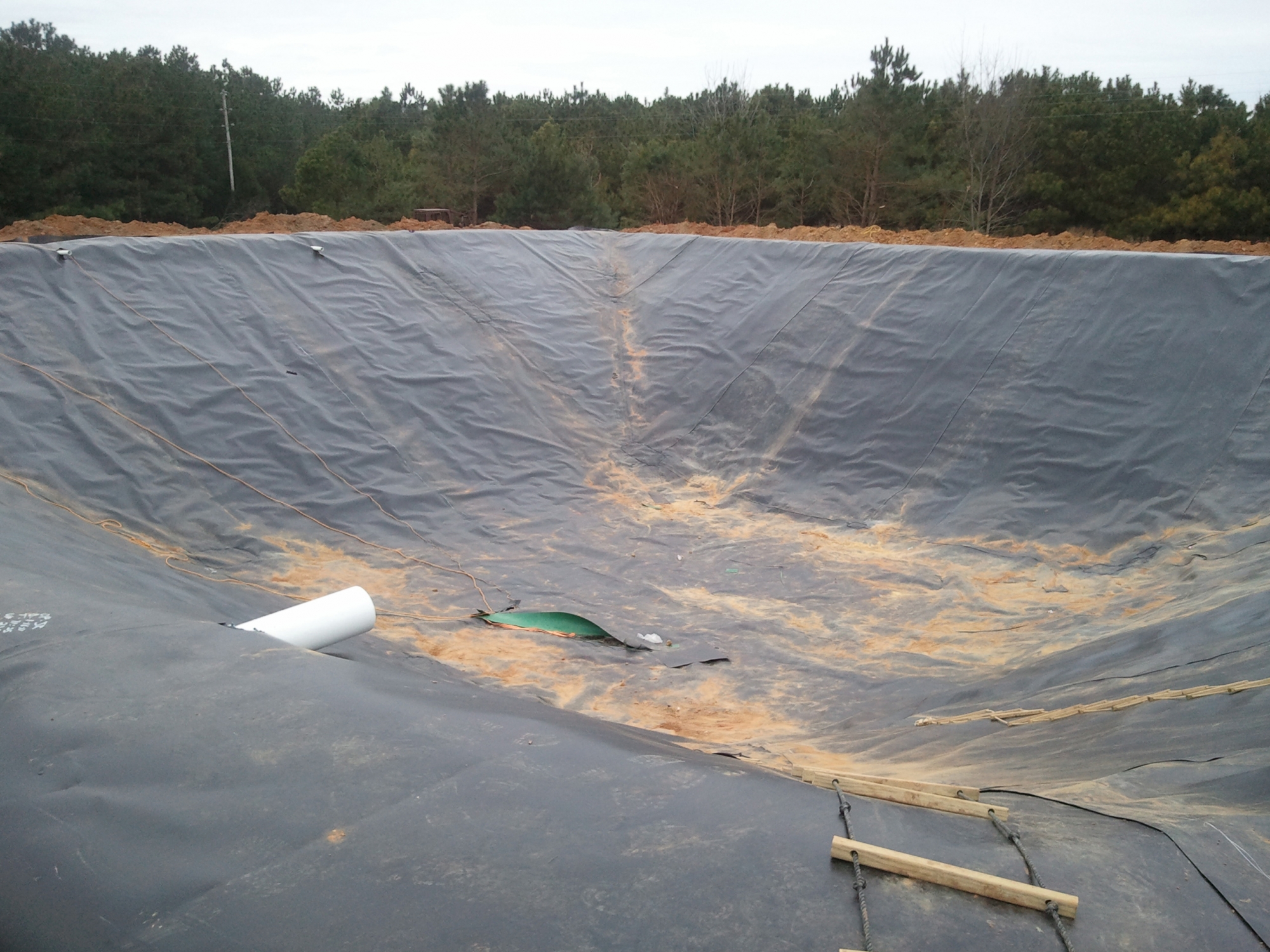Academic PPP to Convert Methane Gas to Electricity

GASTON, S.C. — Clemson University is partnering with regional utility Santee Cooper and biogas expert Environmental Fabrics Inc. to construct a new renewable energy facility that will generate power from methane gas, according to Clemson officials.
Burrows Hall Renewable Energy Facility will be the first of its kind in South Carolina, capturing methane gas at a Williamsburg County farm and delivering it to electric customers on the Santee Cooper system.
The 180-kilowatt building — the result of a public-private partnership — is expected to begin generating renewable energy for the grid early this summer, averaging power for approximately 90 South Carolina homes.
Other partners involved in the project are Santee Electric Cooperative, the South Carolina Energy Office and the South Carolina Department of Agriculture.
The idea was first proposed by Duffy Connolly, owner of Burrows Hall Farm, who approached Santee Cooper four years ago with an idea of building an Anaerobic Digester that could capture the methane gas produced naturally on his hog form into a fuel source for electricity.
Connolly and Santee Cooper then turned to Clemson University’s South Carolina Institute for Energy Studies to help define and implement the project, using a grant administered by the South Carolina Energy Office and funded by the South Carolina Department of Agriculture.
Clemson’s Institute for Energy Studies evaluated more than 20 different companies and approaches before recommending EFI, a Gaston-based firm, who was chosen to design, build and manage the digester.
Santee Cooper has contracted to purchase the power, which Santee Electric Cooperative will distribute from Burrows Hall to the Santee Cooper transmission network, the statement said.
The venture is expected to benefit the state’s economy by using 100 percent of South Carolina resources, providing cost-effective renewable energy, reducing the need for traditional fuel sources, and outline the potential for similar systems in the state, according to the statement.
“The S.C. Energy Office was glad to work in conjunction with Clemson University and the S.C. Department of Agriculture to facilitate a project that shows the diverse potential for renewable applications in South Carolina,” said Ashlie Lancaster, S.C. Energy Office’s director. “This project taps into indigenous energy resources in our state which not only creates jobs but also helps to reduce harmful emissions.”
